Molecular Physiology & Biophysics
-

Blueprint for treating epilepsy
Structural details of a protein that is essential to normal brain function could improve treatments for epilepsy and other seizure disorders. Read MoreNov 14, 2019
-

How salt increases blood pressure
Vanderbilt researchers have discovered that a protein called SGK1 in immune cells is activated by sodium, leading to the development of salt-sensitive hypertension. Read MoreSep 5, 2019
-

New window on fibrosis
A previously unrecognized role for a cell surface receptor may open new therapeutic options for the treatment of fibrotic diseases. Read MoreAug 8, 2019
-
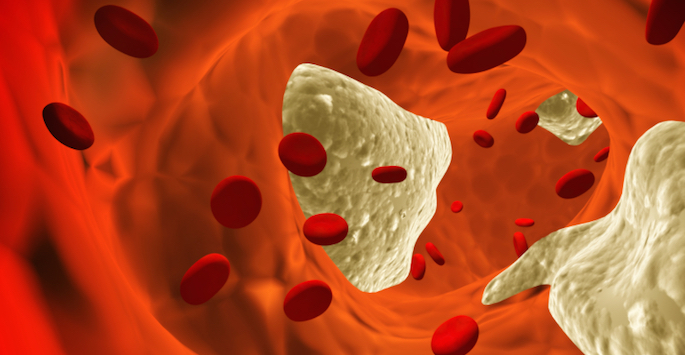
New look at atherosclerosis
A new imaging method makes it possible to directly measure cell division and changes in metabolism in atherosclerotic plaques. Read MoreJul 11, 2019
-

Researchers find high-risk genes for schizophrenia
Using a unique computational framework they developed, a team of scientist cyber-sleuths in the Vanderbilt University Department of Molecular Physiology and Biophysics and the Vanderbilt Genetics Institute has identified 104 high-risk genes for schizophrenia. Read MoreApr 18, 2019
-

Reversing stress-related anxiety
Inhibiting COX-2 — an enzyme associated with inflammation — could provide a novel therapeutic approach for stress-related psychiatric disorders. Read MoreFeb 14, 2019
-
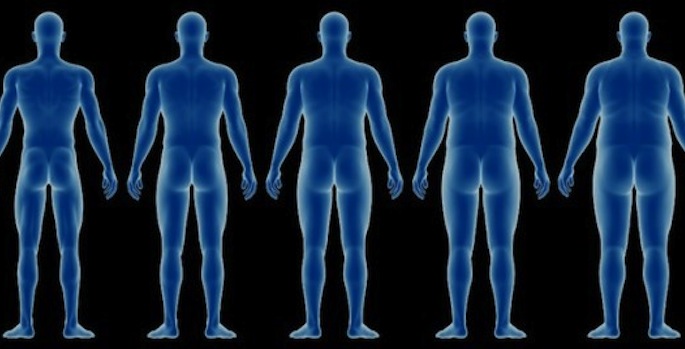
Lean vs. obese adipose tissue cells
New research led by Alyssa Hasty shows that diet-induced weight loss in obese individuals increases levels of a white blood cell that promotes metabolic health in fatty tissues, but not in the liver. Read MoreDec 14, 2018
-

Fat tissue’s “iron sink”
New research by Alyssa Hasty and colleagues shows that a certain immune cell can absorb excess iron that can compromise healthy fat tissue. Read MoreOct 4, 2018
-

Research reveals link between immunity, diabetes
An immune cell called CD8+ is supposed to attack disease, but it can also contribute to inflammation, which can lead to insulin resistance and type 2 diabetes. Read MoreSep 13, 2018
-

Unleashing TIGER on small RNAs
Kasey Vickers has developed a new analytical method for to study small RNAs, a poorly understood component of the genome. Read MoreSep 6, 2018
-
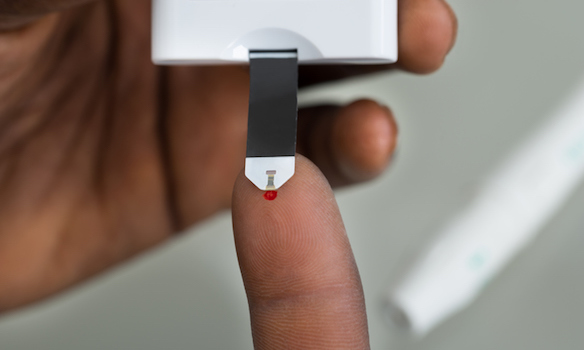
Team’s findings could spur new treatments for type 2 diabetes
New research by an international team that includes Vanderbilt researchers shows how a common diabetes drug blocks glucose production by the liver, suggesting new avenues for treatment. Read MoreSep 6, 2018
-

Clue to treating obesity found in body’s ‘rheostat’
New research by Masoud Ghamari-Langroudi and colleagues has revealed that a certain brain protein called MC3R plays a role in causing the body to reset its "ideal" weight. Read MoreAug 23, 2018
-

Predictive models for gene regulation
Modern statistical tools are not very accurate when it comes to predicting the discrete and non-symmetric behaviors of individual cells. Gregor Neuert and colleagues say that's because the wrong tools are being used. Read MoreAug 17, 2018
-

Fueling the MATE transporter
In new research, Hassane Mchaourab and colleagues have uncovered new insights into drug resistance that could lead to the development of new anti-cancer and antibacterial drugs. Read MoreJul 20, 2018
-

Gene mutation discovery may hold autism clues: study
Researchers at Vanderbilt have identified what may be a genetic “smoking gun” for autism spectrum disorder (ASD) — a mutation in the gene for the critical neuronal protein CaMKII. Read MoreFeb 2, 2017
-

Protecting the blood-brain barrier
Vanderbilt investigators have discovered how a promising cancer immunotherapy causes brain swelling, findings that could lead to ways to protect brain function while fighting cancers. Read MoreDec 9, 2016
-

Making human beta cells reproduce
A new method developed at Vanderbilt will speed the search for potential therapeutics for diabetes: compounds that stimulate the replication of insulin-producing beta cells. Read MoreDec 8, 2016
-
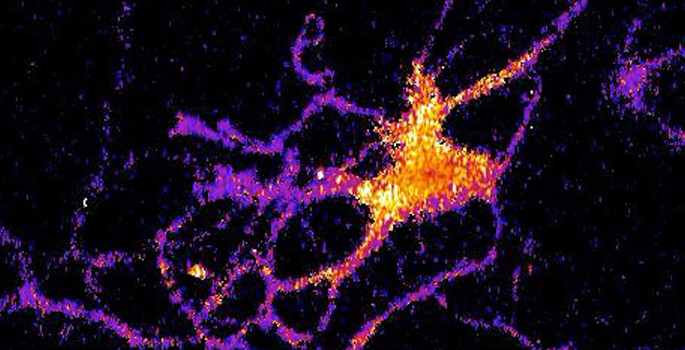
Bioluminescent sensor causes brain cells to glow in the dark
A team of Vanderbilt scientists have genetically modified luciferase, the enzyme that produces bioluminescence, so that it acts as an optical sensor that records activity in brain cells. Read MoreOct 27, 2016
-
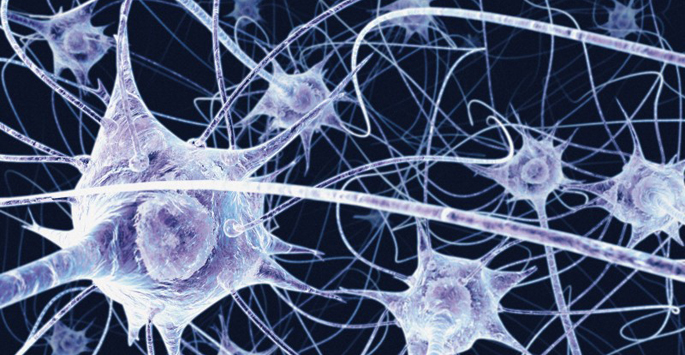
New culprit in nerve degeneration
Vanderbilt researchers have discovered that regulation of cell volume plays a role in nerve degeneration and peripheral neuropathies. Read MoreAug 12, 2016
-

Study reveals neurotransmitter glutamate’s molecular structure
Terunaga Nakagawa, with colleagues from Japan and Oxford University in England, has discovered the bridgelike molecular structure of a mysterious glutamate receptor. Read MoreAug 11, 2016